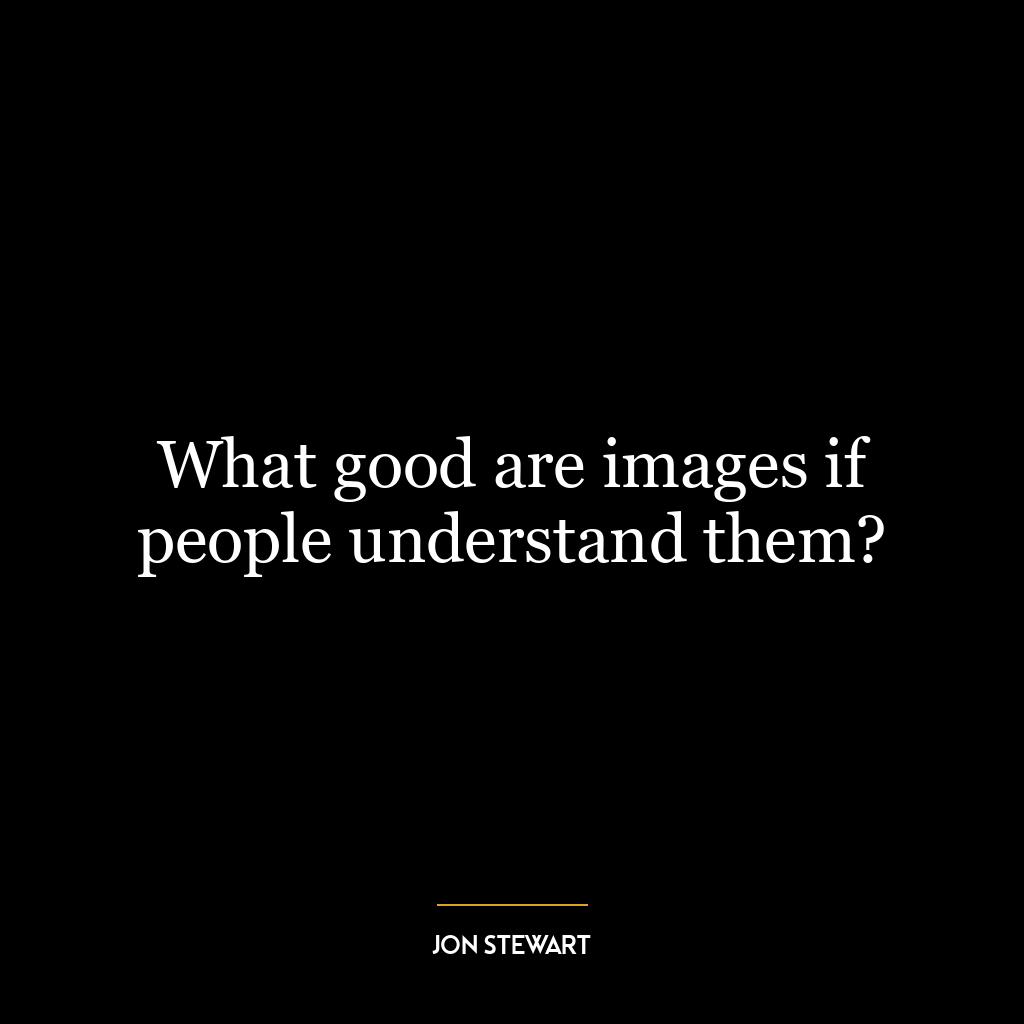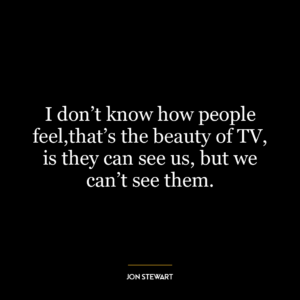What good are images if people understand them?
The quote, “What good are images if people understand them?” is a paradoxical statement that challenges conventional thinking about communication and understanding. Generally, images are used to convey messages, ideas or concepts in a way that words might not be able to. They are often seen as universal languages that can be understood by anyone, regardless of their language or cultural background. However, this quote suggests that the true value of images might lie not in their comprehensibility, but in their ability to provoke thought, interpretation, and even confusion.
The quote implies that when images are easily understood, they only reinforce what we already know or believe, and thus, they do not challenge us or make us think deeper. On the other hand, when images are ambiguous or complex, they force us to engage our cognitive abilities and creativity to decipher their meaning. This process of interpretation can lead to new insights, ideas, or perspectives that we might not have arrived at otherwise.
In today’s world, this concept can be applied in various areas such as art, advertising, and even social media. For instance, in art, the most celebrated pieces are often those that are open to multiple interpretations, rather than those that convey a straightforward message. These artworks challenge viewers to think and interpret, thereby enriching their experience and understanding.
In advertising, marketers often use ambiguous images to pique the audience’s curiosity and engage their interest. By not revealing everything at once, they encourage the audience to think and speculate, which can make the ad more memorable and effective.
In the realm of personal development, this idea suggests the value of challenging oneself and stepping outside of one’s comfort zone. Just as easily understood images do not promote growth or learning, sticking to familiar tasks or ideas that we are comfortable with can limit our development. By embracing complexity and ambiguity, we can stimulate our minds, enhance our creativity, and foster personal growth.















